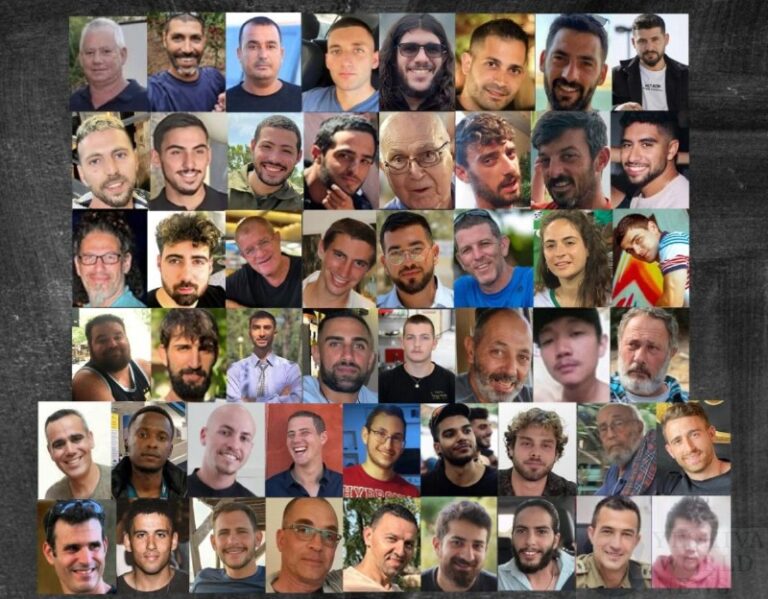In the second of this week’s double Sedra the Torah mentions a number of interpersonal Mitzvos. These Mitzvos vary in their nature. Some are positive commandments while others are negative commandments. There is something that stands out quite strongly with many of them. Many of these interpersonal Mitzvos are prefaced or followed by the Torah’s telling us to do or not to do such and such to our fellow Jews. The Torah uses such words as Bnei Amecha, Reiacha, Amecha, and Amosecha. Chazal tell us that these words mean that we are commanded to observe these Mitzvos only towards other Torah observant Jews (nowadays it could be that it would apply to almost every Jew even if they are not Torah observant). Why is it that the Torah differentiates so starkly between Torah Jews and all others? After all don’t Chazal explain to us that all of mankind was created Betzelem Elokim?
The end of our Sedra almost mirrors its beginning. The Torah tells us at the end of the Sedra “And you should be for Me holy because I, Hashem, Am Holy, and I have separated you from the nations to be for Me”. The obvious question is what are we for Hashem? The passuk tells us that we are for Hashem, but it doesn’t tell us for what purpose.
The action Hashem Tells us He did in order to make us His is that he separated us ואבדיל אתכם. ‘Separating’, however, doesn’t entail taking. Hashem may have separated us, but Hashem didn’t remove us in any way per say.
While many aspects of interpersonal relationships are a basic given in any code of social interaction, exceptions to any such code are a given as well. While it may not be right to harm someone, the desire to take revenge can sometimes be understood. The Torah, however, does not tolerate taking revenge on another Torah observant Jew even though the person was wronged. While many a time simply avoiding someone we disdain because of his/her inappropriate conduct could be justified, the Torah nonetheless forbids us to do so. The Torah instructs us to rebuke them.
In a utopia everyone would act kindly towards one another. There would be no reason to make an exception to doing the right thing because all would act perfectly towards one another. As we well know, the world isn’t a perfect place and cannot become one on its own. Rather it is we who must create whatever perfection can be achieved. We unfortunately so often find reasons to insert exceptions to what would otherwise be correct interpersonal behavior.
While the Torah recognizes the need for these exceptions, it nonetheless wishes to provide the means to create the perfect “nice” world. This utopia begins when we have a club of members who must act unconditionally with proper social norms towards one another. This club is Am-Yisroel and we are potentially the nucleus of a ‘could-be-perfect’ world. We, Am-Yisroel, can create a utopia by keeping Hashem’s laws and dictums, both in the social realm and in the more spiritual Bein Adom Lemakom realm.
A very warm Good Shabbos, Rabbi Y. Dov Krakowski










